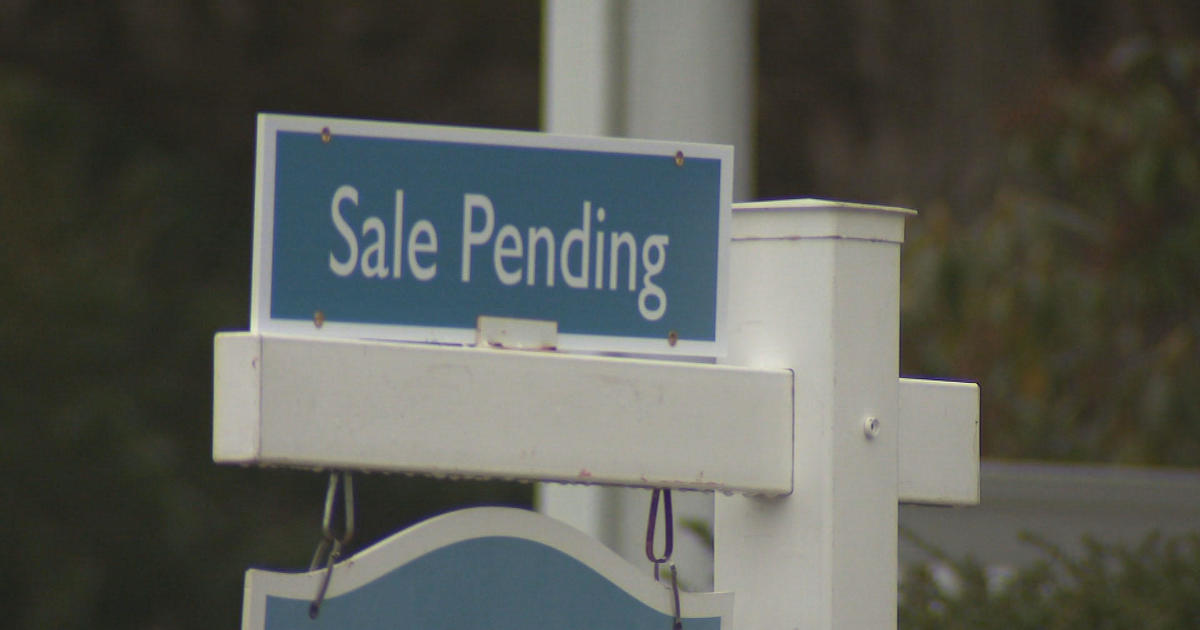Local Government Officials Don't Trust State, Feds
ANN ARBOR -- A new survey of Michigan's local government officials shows that trust in state and local government is strongly partisan.
The report, from the University of Michigan's Center for Local, State, and Urban Policy (CLOSUP), examines Michigan local officials' trust in the federal government in Washington D.C., in Michigan's state government, and in other local governments, as well as comparing local officials' levels of trust to those of Michigan citizens.
As part of the Michigan Public Policy Survey (MPPS), CLOSUP surveyed local government leaders from 1,350 Michigan jurisdictions (counties, cities, townships, and villages) about about trust the federal, state, and other local governments.
Compared to findings from the 2009 survey, the 2013 MPPS survey results show:
* Low and still declining trust toward the federal government among Michigan local leaders;
* Low but growing trust among Republican and Independent local leaders toward the state government, versus low and declining trust among Democratic local leaders;
* Consistently high trust among all partisan groups of local leaders toward other local governments.
In addition, when compared to the state's citizens, Michigan's local leaders are significantly less trusting of the federal government, about equally trusting of the state government, and significantly more trusting of local government in general.
To read the full report, visit http://closup.umich.edu.
Michigan's local government leaders have very little trust in the federal government. Overall, just 6 percent trust the federal government in Washington, D.C. to "do what is right" nearly always or most of the time, while 59 percent trust it seldom or almost never.
This trust is strongly correlated with officials' partisan identification. Democratic local leaders (12 percent) express more trust in the federal government than do Independents (7 percent) or Republicans (4 percent). Democrats (43 percent) are also less likely than Republicans (65 percent) or Independents (63 percent) to say they trust Washington seldom or almost never.
Michigan local leaders' trust in Washington has declined overall from the low levels previously found in 2009.
Local leaders have somewhat higher trust in Michigan's state government than in the federal government, though these levels are also very low. Overall, 19 percent of Michigan's local leaders trust the state government in Lansing nearly always or most of the time, while 28 percent trust it seldom or almost never. Since 2009, trust in Lansing has increased among Republican and Independent local leaders but has decreased among Democratic local leaders.
When compared to the citizens they represent, using data collected by Michigan State University's State of the State Survey, the MPPS finds that Michigan's local leaders in 2013 have: lower trust toward the federal government; about the same amount of trust toward the state government overall; and, significantly more trust toward other local governments. While Republican local leaders (25 percent) and Republican citizens (23 percent) express similar levels of trust in Lansing, Democratic (6 percent) and Independent local leaders (13 percent) are less trusting of the state government than are the state's Democratic and Independent citizens (19 and 22 percent, respectively).
CLOSUP also said it had recently finished the field period for the Spring 2013 wave of the MPPS, which addresses issues of local jurisdictions' budgeting and fiscal health, as well as additional topics such as government relations with local unions, the impact of local property tax exemptions, opinions on the local economic development approach known as "placemaking," and others. Reports on these issues will be released throughout the summer and early fall.
More at http://closup.umich.edu/michigan-public-policy-survey/mpps-news.php.



